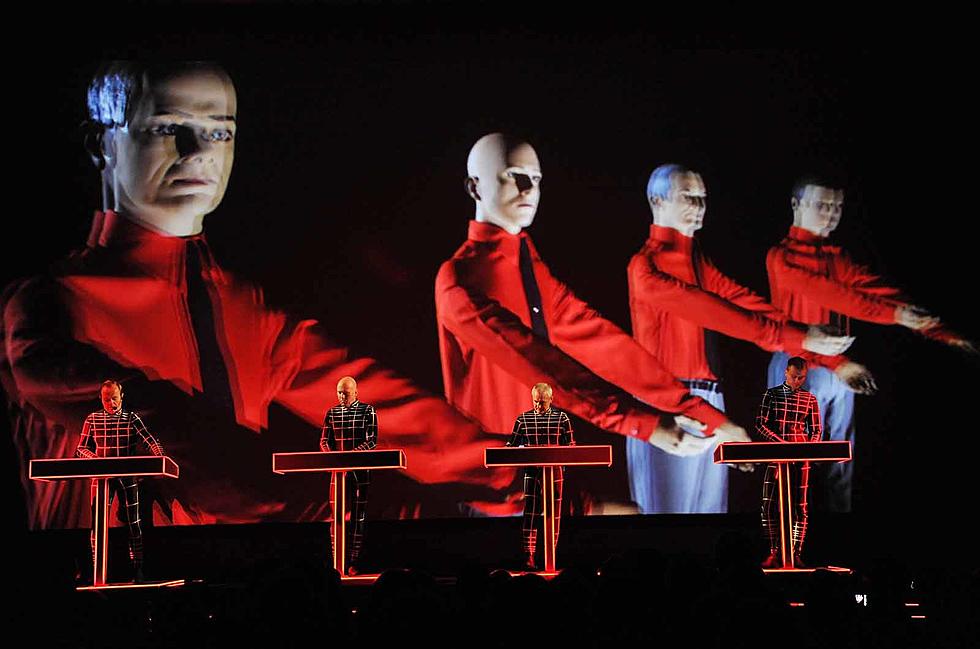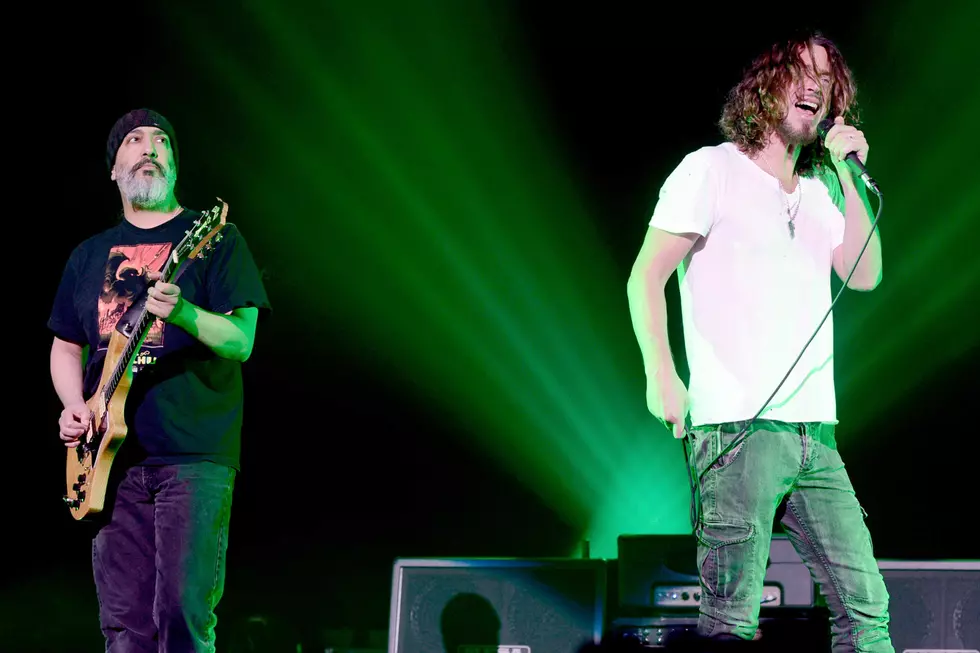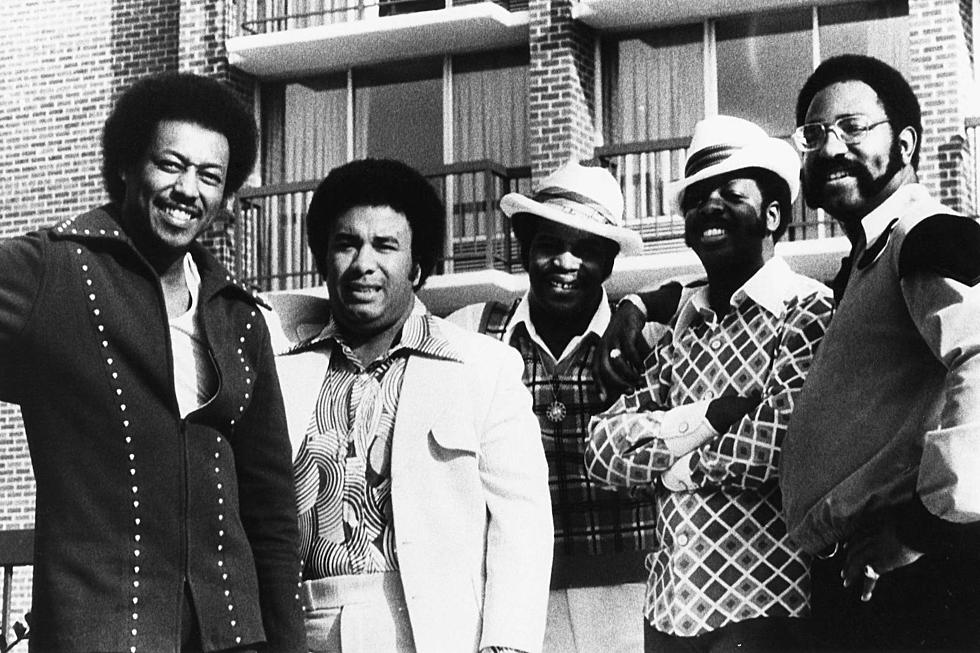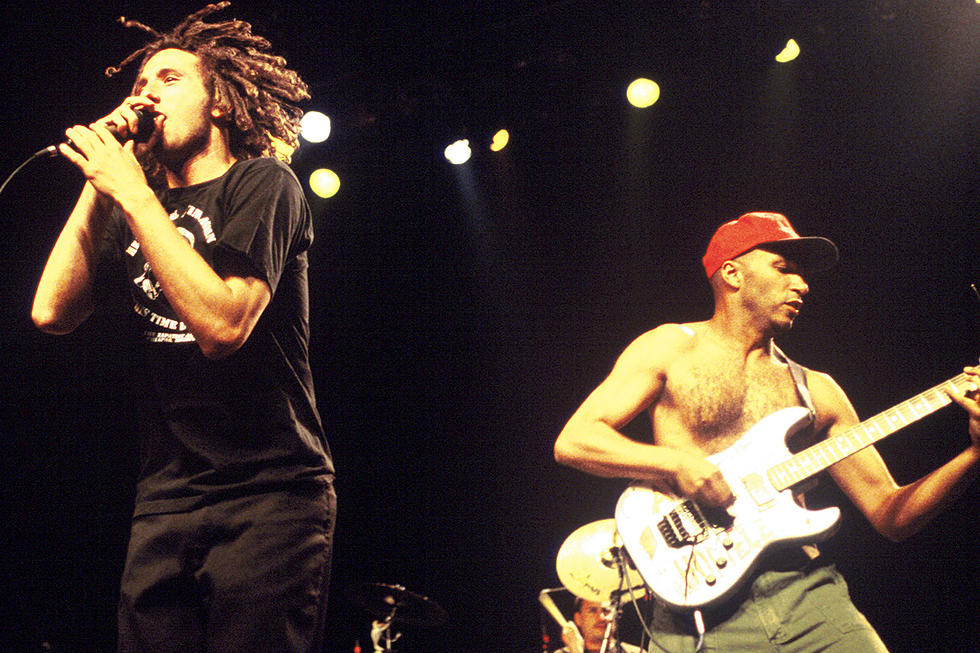
5 Reasons Kraftwerk Should Be in the Rock and Roll Hall of Fame
Kraftwerk’s long career as German synth pioneers has made them eligible for induction since 1995. They formed in Düsseldorf in 1970, and, since then, they have released 10 albums with the latest arriving in 2003.
They were first nominated in 2003, and have been on the ballot four other times since 2013. But for the Class of 2020, the Rock & Roll Hall of Fame may give Kraftwerk -- whose name means “power station” in German -- the recognition they deserve. Here are five reasons we think they should get the nod.
They Never Hid Their German Roots
Kraftwerk challenged the English language-dominated rock landscape of the '70s by singing in their native German. At a time when many German groups hid their lineage, Kraftwerk proudly identified with their heritage while still creating a distinct sound. After the success of Autobahn and Radio-Activity, the band released its albums with German and English lyrics for different markets.
They're Synth-Pop Pioneers
In the late '60s, World War II was still fresh on everyone’s minds, especially in Germany. When the German baby-boomers started to make music for themselves, they wanted a new sound that completely abandoned the traditional music of their parents' generation. So artists like Tangerine Dream, Can and Kraftwerk explored the new world of electronic music. Kraftwerk’s albums like Autobahn, Trans-Europe Express, Computer World and The Man Machine are some of the finest examples of electronic and synth-pop music.
They Make Perfect Driving Music
One of the defining characteristics of Krautrock -- as their sound became known -- is the “motorik beat,” the minimalist rhythm that's repeated throughout the (usually 10-plus minute-long) songs. “Motorik” means “motor skill” in German, and its trance-like pattern is the closest musical translation of the feel of driving. Some of Kraftwerk’s best compositions (“Trans-Europe Express” and the 23-minute “Autobahn”) are actually about driving on Germany’s famously long highways.
They're One of the Most Innovative Groups Ever
Kraftwerk brought music and technology together long before many others. Even on their 1970 debut album, the band used tape manipulation and homemade instruments to create new sounds. By the late '70s, their records were almost entirely electronic. Ralf Hütter and Florian Schneider, the two consistent members of the band, have even made their own electronic drums and vocoder. Their 1977 song “Trans-Europe Express” served as the basis for one of hip-hop's most formative tracks, Afrika Bambaataa & the Soulsonic Force's 1982 single “Planet Rock.”
And They Had Style to Spare
Kraftwerk’s style is instantly recognizable, even to those unfamiliar with their music. The group’s early album covers were graced with an Andy Warhol-esque traffic cone as a logo. Later albums featured similar minimalist imagery, like the computer on 1981’s Computer World. The band is also noted for its reclusiveness. Few people have been allowed in its Kling Klang studio, and the band has used mannequins for photo shoots and interviews throughout the years.
More From Ultimate Classic Rock









